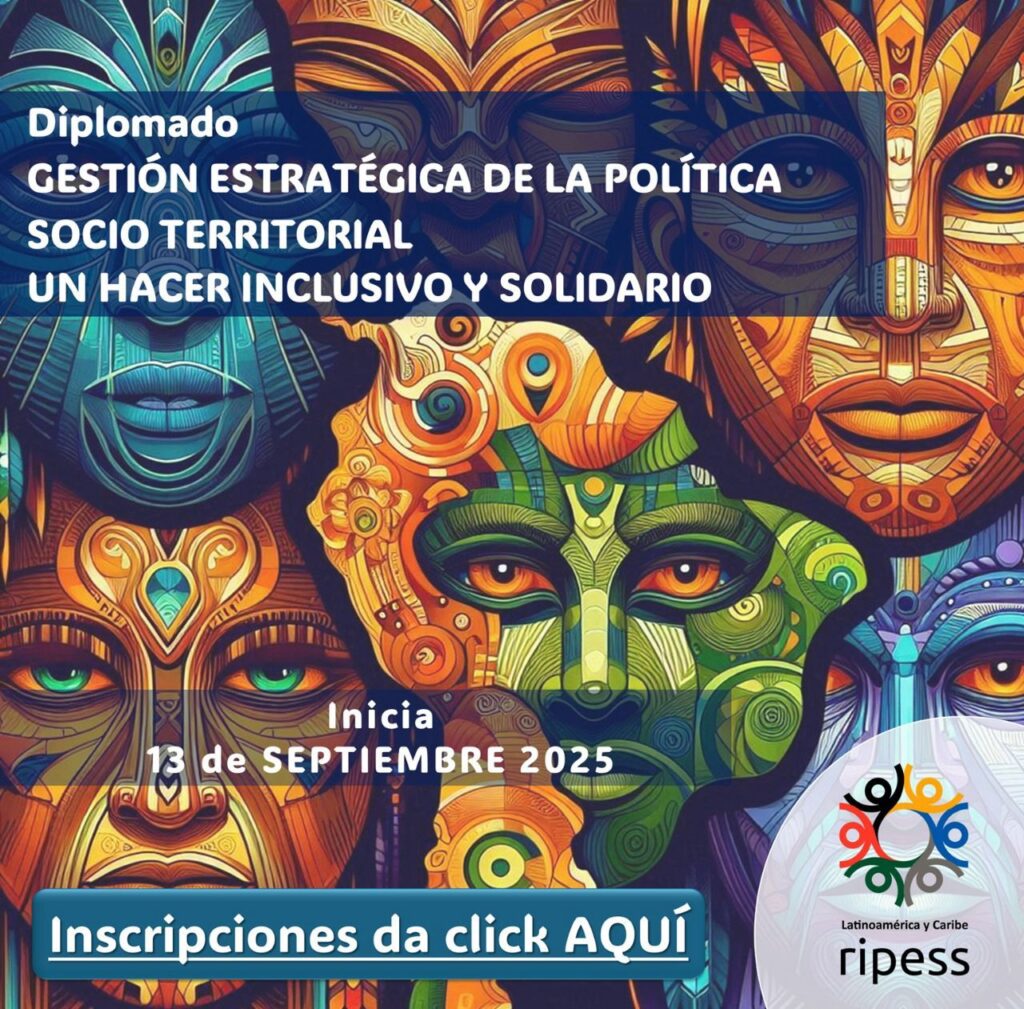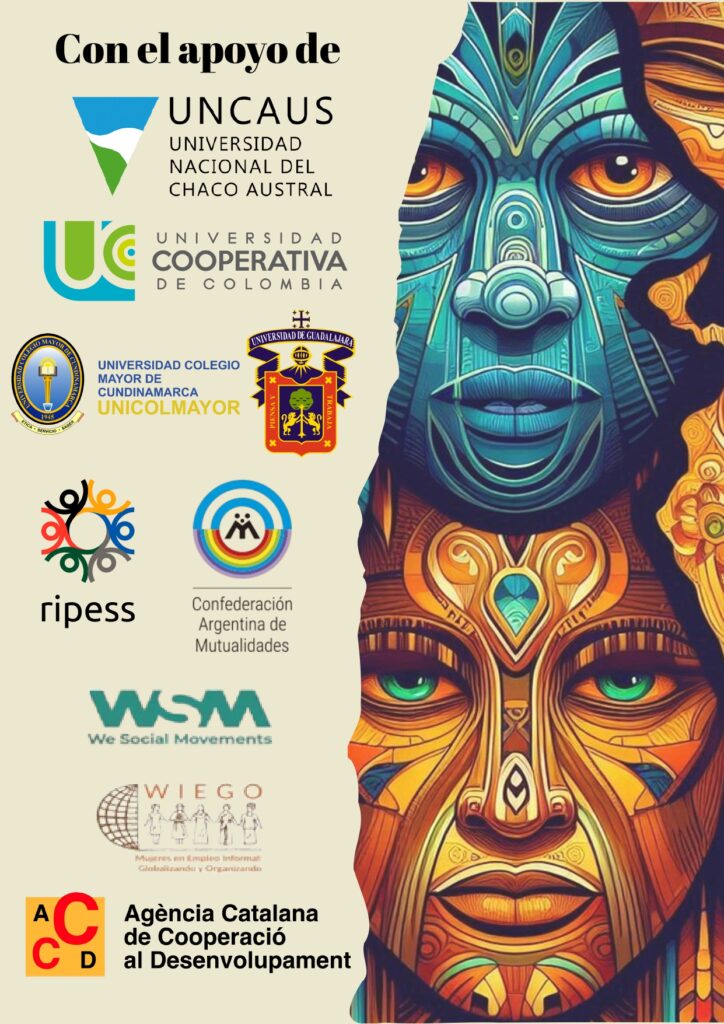
RIPESS LAC, together with its Education Commission, presents the Diploma Program in Strategic Management of Socio-Territorial Policy: An Inclusive and Solidarity-Based Practice. This training pathway is the result of a collective construction enriched by the experience of participants, international organizations, networks, commissions, and state agencies from across the region.
Building on the learnings of the Diplo 2024, this program offers an integral formation space aimed at strengthening popular participation in the planning and management of public policies from a socio-territorial, inclusive, and rights-based perspective.
A program to think and transform territories
The diploma addresses the political, social, cultural, and economic dimensions of the State–Society relationship. It promotes critical reflection and collective knowledge-building processes.
Its main objectives include:
- Examining and questioning the political, epistemic, and ideological processes linked to the Popular, Social and Solidarity Economy (EPSyS).
- Strengthening EPSyS institutional frameworks by incorporating the perspectives and historical trajectories of territorial actors.
- Creating spaces for knowledge exchange and integration of conceptual and management tools.
- Reimagining “the public” as a space of inclusive and diverse territorial identities.
Program content
The curriculum is organized around three core areas:
1. Territorial Public Policy and Socio-Community Policy
• Public policy and territoriality
• Social rights and power structures
• Strategic planning
• Territorial governance
2. Sociocultural Issues and Diversities
• Interculturality and political projects
• Gender, political construction, and social imaginaries
• Globalization and regionalization
• Media, discourse, and social representations
• EPSyS and education
3. Identity, Political and Economic Processes, and the Contemporary World of Work
• Work, subjectivity, and collective identities
• Popular, social, and solidarity economy in a mixed economy
• Development of economic projects
Modality and duration
The diploma lasts three months and is delivered virtually, combining:
- Weekly synchronous sessions (3 hours each)
- 12 hours of open seminars and lectures
- Asynchronous work guided by the commissions
- A Module 0 on digital tools and platform use
The academic structure includes political-conceptual classes, presentation of territorial experiences, and collaborative work spaces.
Registration
Registration is now open.
Form: https://forms.gle/KYj4N2v127LCXP736



